
Gabriele Bonafede
Elections are approaching in Sicily to pick the next “governor” and form a new regional parliament in the framework of a semi-autonomous statute and a local electoral law.
Opinion polls reveal that among most likely candidates to win there is Mr Musumeci, a member of ex-fascist Movimento Sociale Italiano and former vice-minister of a Berlusconi’s government as a representative of reformed-fascists AN (National Alliance). He is currently credited with around 34-36% of voting intentions for president of Sicily.

Musumeci is recognized as one of the most judicious politicians within the Italian right-wing, which has always had a stronghold in Sicily and especially in his native area around Catania. Nevertheless, he is supported by far-right movements with neo-fascist ideas.
A plethora of medium-sized and tiny parties support Musumeci running for President (or Governor) of Sicily for the regional elections to be held on November 5th. Among these parties, there is the de-facto neo-fascist and neo-racist movement of Northern League. Which rebranded its name – just for the Southern part of Italy – in a tentative of hiding its recent past as a racist movement against southerners.
Musumeci’s alliance comprehends notably his own Sicilian movement called “Sarà bellissima” (She will be very beautiful), referring to the island’s “beautiful” future under his management. It includes also Berlusconi’s Forza Italia, locally led by old Sicilian friends mixed with emerging regionalist leaders such as Mr Armao.
Since a recent reform, Sicily elects her Presidents with a first-past-the-post mechanism. It does not come as a surprise that large alliances are set in advance given a very fragmented political landscape.
However, first in last opinion poll (from Demopolis, in image) seems to be Mr Cancelleri, a former clerk pushed-up to regional political arena by Movimento 5 Stelle (Five Stars Movement). Despite the electoral law, the wavering party founded by the ex-comedian Beppe Grillo runs alone without any alliance with other parties.
The Five Stars Movement (M5S) shows a high degree of populism too, if not fascism altogether. In group with Ukip at European Parliament, Grillo’s movement has been wandering from support to Ms Le Pen to hard fight against Euro and EU. It has controversial positions with its own members regarding racism, notably for what concerns immigrants. The Five Stars Movement’s mayor of Rome (Ms Raggi), did not allow a controversial rally of fascist groups in Rome. However, the most visible M5S’s members showing-up in Sicily – Mr Di Maio and Mr Di Battsta – are leaning toward intolerance against immigrants.
Cancelleri is currently credited with around 35% of voting preference in opinion polls. He has good chances to get the presidency, as interviewed voters often do not reveal their intentions to choose M5S in real voting. Sicily is also the first and strongest fief of Grillo’s movement.

The third in the betting list is prof. Micari, a centre-left candidate coming from the academic world. He is the head of University of Palermo, hosting some 40,000 students in a city of 650,000. Weak outside of Palermo, he is currently credited with around 22% of intentions in the whole of Sicily. Mr Micari has no political experience, yet.
His coalition is made of many political actors, including a new “cities movement” (Arcipelago Sicilia) led by the long-lasting mayor of Palermo, Mr Orlando – who is also prof. Micari’s mentor and principal political sponsor for his presidency.
The democratic party of former premier Mr Renzi, is supporting prof. Micari. However still strong in Italy, the democratic party (PD) is historically weak and divided in Sicily. It managed to elect a candidate for the first time in history in the last elections held, back in 2012. That is, the incumbent president Mr Crocetta who shows controversial policy results in his bumping five-year presidency. Crocetta has a good electoral base in Sicily outside Palermo. Nevertheless, his support to Micari might not be so effective due to harsh critics from the press and social networks activists during last five years.
The Sicilian left-wing spans from “greens” to unreformed communists, scattered among many small parties who refused to join Micari. Despite their divisions, they managed to unite in support to yet another candidate, Mr. Fava. Attracting some of ex-PD members led by Italian ex-premier Mr D’Alema and would-had-been premier Mr Bersani, Fava is unlikely to go beyond a 5-6%.
Odds are clearly against Mr Micari. Unless he extends his alliance, already including large strands of “centre parties” of all sorts. For instance, there is the “volunteers” Palermo’s list of I Coraggiosi (The Braves) led by Mr Ferrandelli, a local politician courageously defeated twice by Orlando in the two last mayoral elections. His support has been welcomed by Micari’s alliance, although it would be not decisive by far.

To what leads all this? Most probably to the old Leopard’s refrain: “Changing everything to change nothing”. (“If we want things to stay as they are, things will have to change” as officially translated in the English version of Tomasi di Lampedusa’s novel).
Sicilians will not have an efficient and firm government for their island anyway. In fact, the electoral law is practical proportional for what concerns party lists. That will almost certainly result in a President without a majority in the powerful Sicilian Assembly (Assemblea Regionale Siciiana). One of the oldest and most quarrelling parliaments of Europe, having veto power in a large number of key-issues.
No wonder, Sicily is viewed more as a test for the national elections – to be held in spring 2018 – than a purposeful democratic exercise electing a meaningful regional government.
In the last few months, toxic messages against immigrants have flown in the air through TV debates in Italy. Racism and nationalism – with fascism emblems openly displayed on the streets and newspapers – are on the rise, helped by Kremlin’s propaganda. Which is particularly active and welcome among Italians, even in so-called academic circles.
Winston Churchill advised that once you get Sicily, Italy would fall. Probably, Churchill based his knowledge also on history. Notably, since Italy became a nation after Garibaldi conquered the island in 1860.
Allies landed in Sicily in July 1943. In August of the same year, as Allies’ control of Sicily was almost complete, fascist Italy asked for peace.
Two generations after WWII, Sicily might face the opposite fate and fall back to fascism, or a brand of it. Triggering Italy toward her own fate.
In cover, a scene of movie The Leopard collaged with a portrait of Benito Mussolini.

 Elezioni in Francia, dai sondaggi un parlamento diviso in tre
Elezioni in Francia, dai sondaggi un parlamento diviso in tre 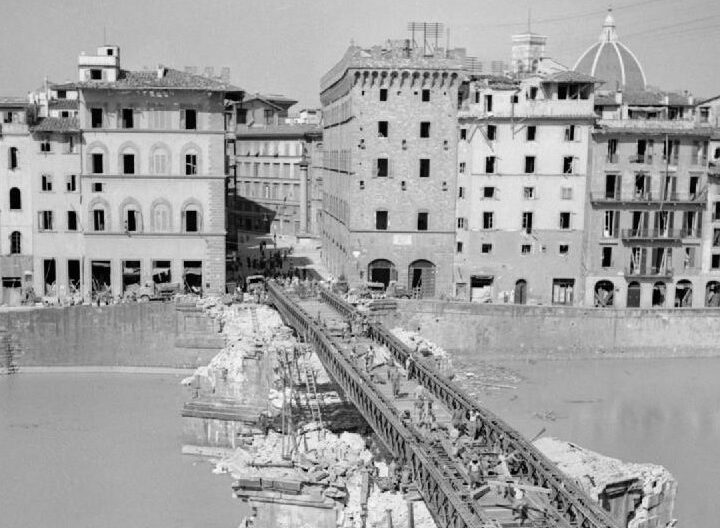 L’antifascismo facile e a buon mercato è un regalo immeritato al fascismo
L’antifascismo facile e a buon mercato è un regalo immeritato al fascismo 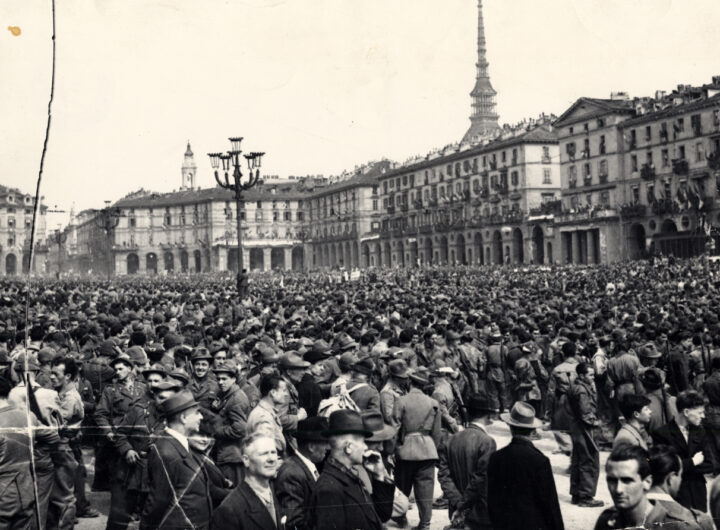 Festeggiamo il 25 Aprile: ricorrenza della Liberazione dal nazifascismo
Festeggiamo il 25 Aprile: ricorrenza della Liberazione dal nazifascismo 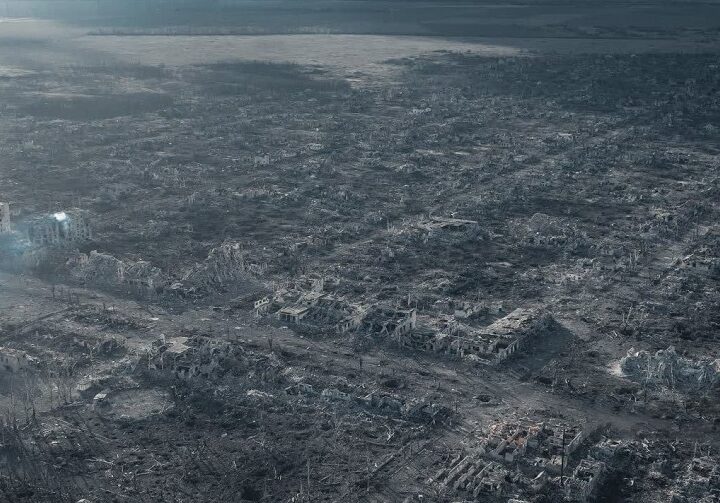 Elly Schlein, la sinistra e le scelte sulla guerra genocidaria del regime russo
Elly Schlein, la sinistra e le scelte sulla guerra genocidaria del regime russo 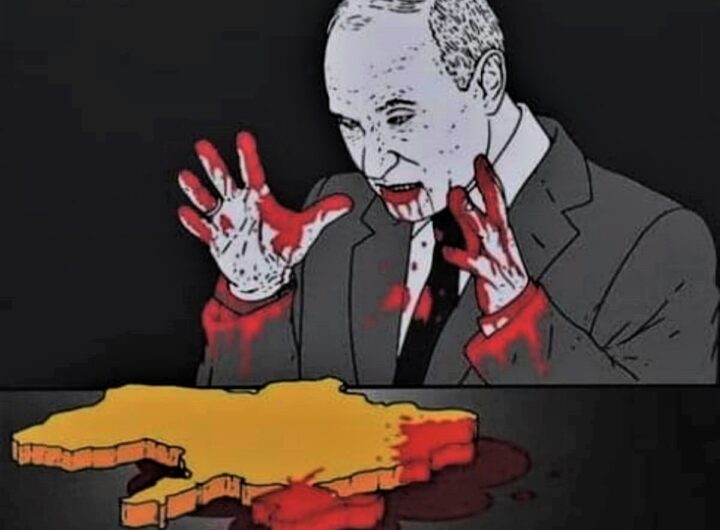 Un anno di guerra con quelli che vorrebbero giustificare l’ingiustificabile
Un anno di guerra con quelli che vorrebbero giustificare l’ingiustificabile 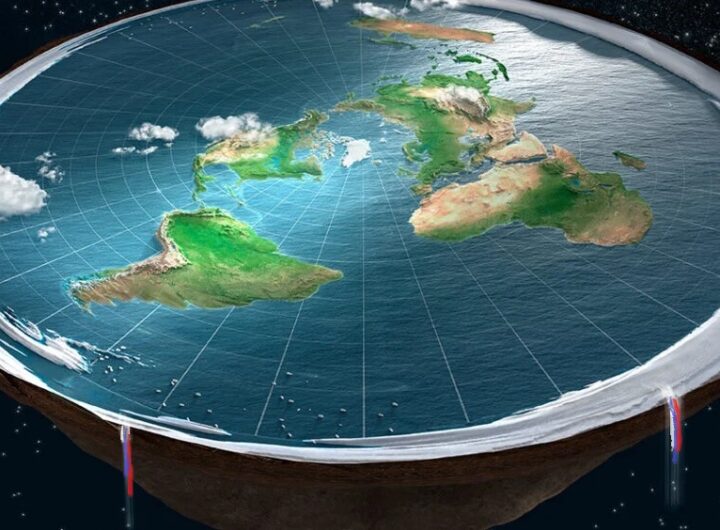 L’ambasciata russa in Italia si comporta come un qualsiasi complottista
L’ambasciata russa in Italia si comporta come un qualsiasi complottista 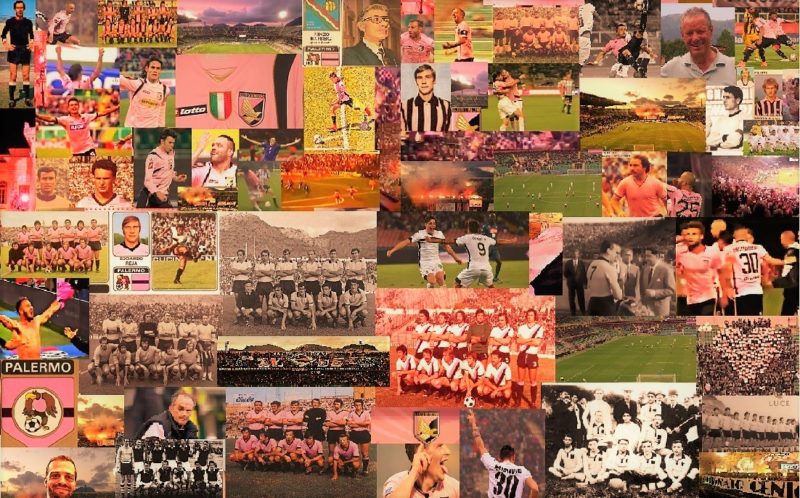 Compleanno del Palermo. Quando allo stadio c’era la gazzosa
Compleanno del Palermo. Quando allo stadio c’era la gazzosa  “Finalement”, in definitiva capiamo vivendo
“Finalement”, in definitiva capiamo vivendo  “Elisabetta, regina d’Inghilterra”: il Napoleone della Musica trionfa a Palermo
“Elisabetta, regina d’Inghilterra”: il Napoleone della Musica trionfa a Palermo  “It ends with us”, quando cambiare non è facile, per nessuno
“It ends with us”, quando cambiare non è facile, per nessuno 